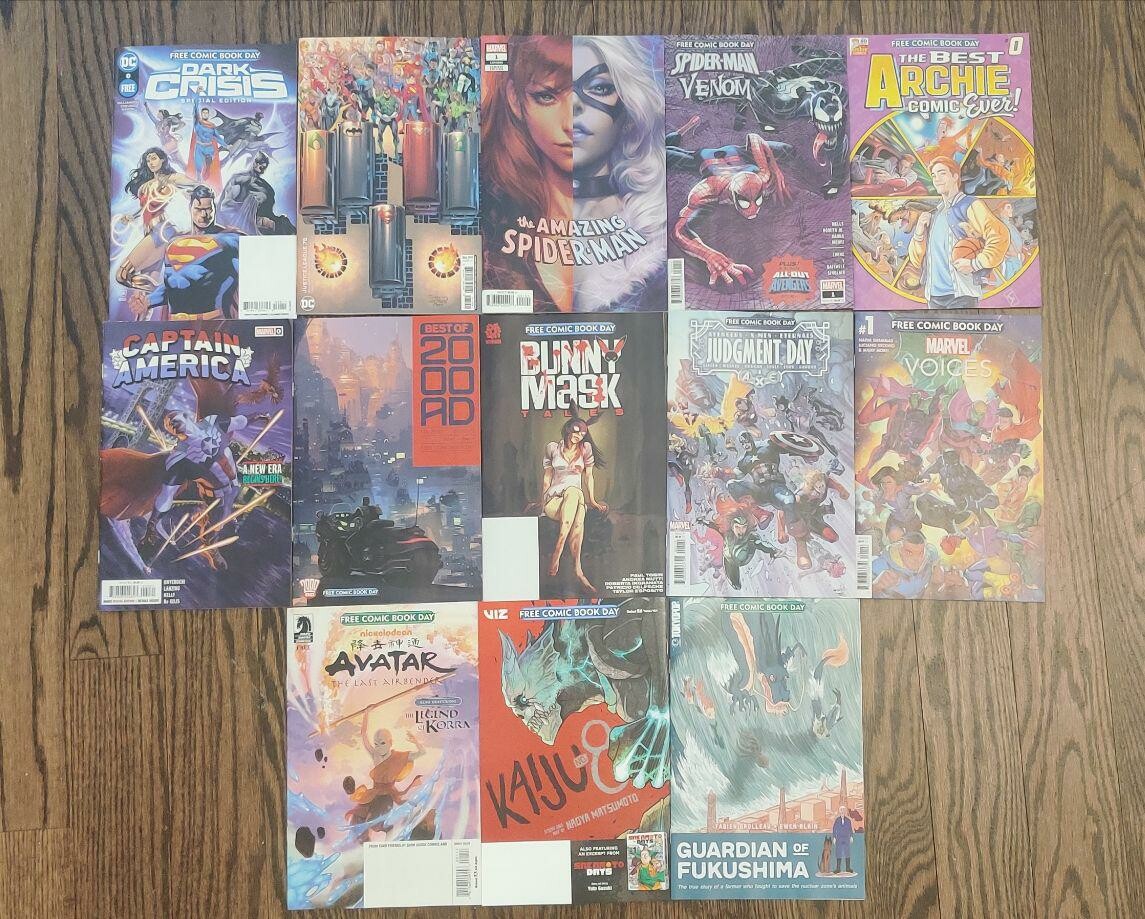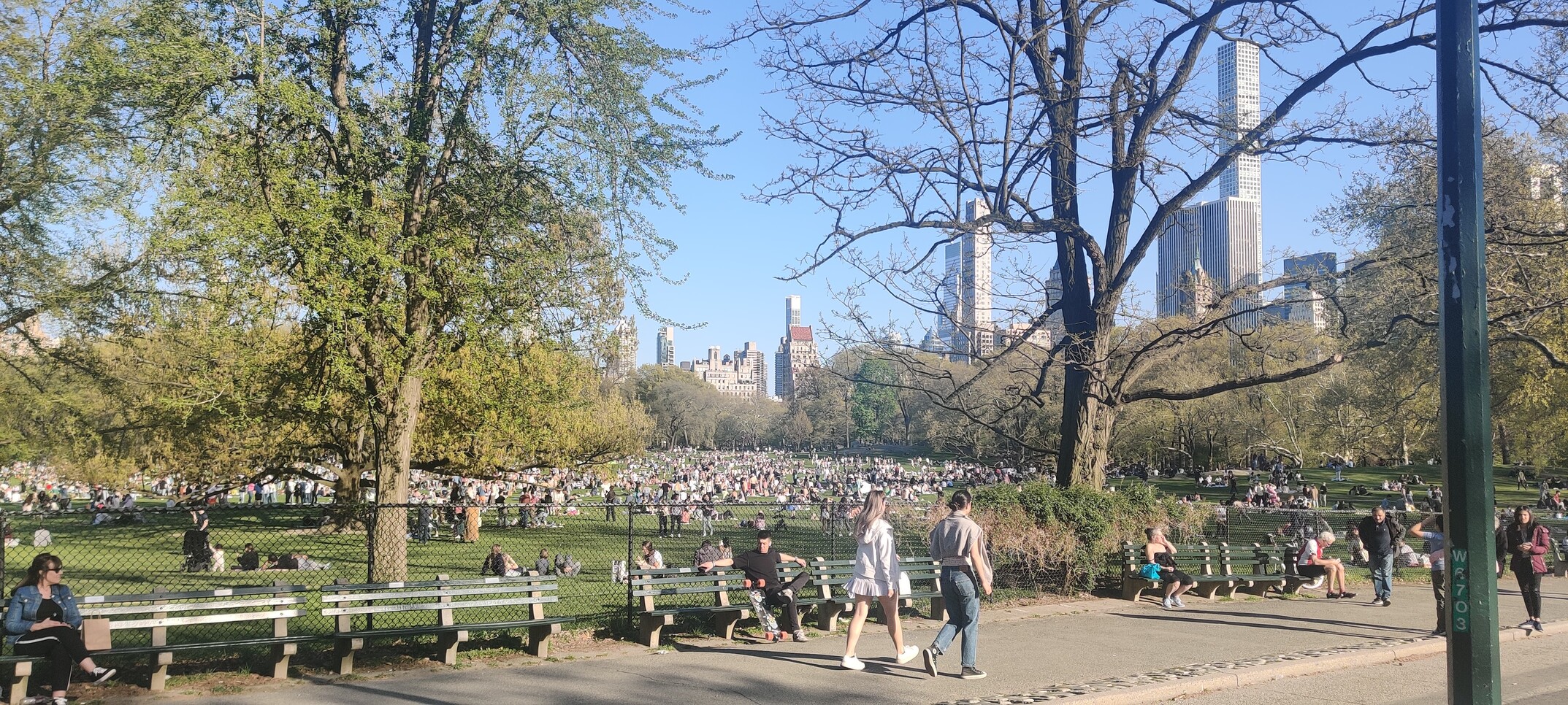Originally posted on mastodon.technology.
The next #Rocket release candidate is out: https://rocket.rs/v0.5-rc/news/2022-05-09-version-0.5-rc.2/
Updated all of my projects in ~40 minutes, best part of #Rust is that if it compiles, it'll just work!
Originally posted on mastodon.technology.
Happy Free Comic Book Day! #fcbd

Originally posted on mastodon.technology.
Wordle 319 1/6*
🟩🟩🟩🟩🟩
One of my favorite words too!!
Spoiler
Literally just walk into the subway station, type in "train" and win ^.^
It's a great starting word too, for the A I vowels and T R consonants.
Originally posted on mastodon.technology.
Posted my freely licensed photos from today's abortion protest in Foley Square at https://commons.wikimedia.org/wiki/Category:May_2022_abortion_protests_in_New_York_City
Added to https://en.wikipedia.org/wiki/Dobbs_v._Jackson_Women%27s_Health_Organization#Reactions - we'll see if it lasts (the profanity might be too inflammatory? idk).
First time I've used Signal to blur faces for Commons, need to find a different tool (probably GIMP I assume?) that doesn't strip metadata/reduce quality for the future.
Originally posted on mastodon.technology.
This weekend I walked the entire ~6mi Central Park loop, which was easily the single longest physical activity I've done since the pandemic started (not counting the days I walked 10mi+ while apartment shopping).

Originally posted on mastodon.technology.
As part of the #Wikipedia #WikiGap editathon today, I created https://en.wikipedia.org/wiki/Eleanor_Bellows_Pillsbury - she was the president of Planned Parenthood from 1950-1953, served as vice president of the Red Cross and as her last name gives away, she was a hostess at Pillsbury baking competitions.
Her husband had an article since 2009, and she's been redlinked on the article for Lasker Awards since 2019.

